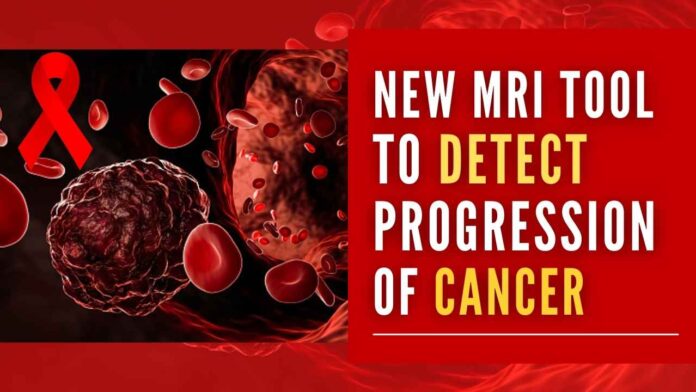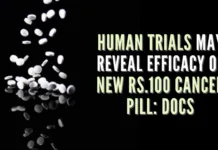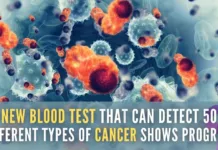
Waterloo Researchers develop a new MRI tool that makes cancerous tissue light up and easier to see
As per the findings published in the journal ‘Scientific Reports’, University of Waterloo Researchers have recently developed a new magnetic resonance imaging (MRI) tool to accurately detect and track the progression of cancer.
The new MRI tool makes cancerous tissue glow in medical images. It could help doctors more accurately detect and track the progression of cancer over time.
The MRI technique generates images of the anatomy and the physiological processes of the body with the use of strong magnetic fields and radio waves.
The technology can help in many kinds of cancer imaging and clinical decision support as it has given very promising results for breast cancer screening, detection, and treatment planning. Prostate cancer is the most frequently diagnosed cancer among men in developed countries and the second most common cancer in men globally.
With the new technology called synthetic correlated diffusion imaging, differences get highlighted by capturing, synthesizing, and mixing MRI signals at different gradient pulse strengths and timings.
Alexander Wong, professor of systems design engineering at Waterloo explained that studies show that this new technology has the potential to improve cancer screening, prognosis, and treatment planning.
Wong said, “Prostate cancer is the second most common cancer in men worldwide and the most frequently diagnosed cancer among men in more developed countries. That’s why we targeted it first in our research.”
He added, “We also have very promising results for breast cancer screening, detection, and treatment planning. This could be a game-changer for many kinds of cancer imaging and clinical decision support.”
Irregular packing of cells leads to differences in the way water molecules move in cancerous tissue compared to healthy tissue. The new technology, called synthetic correlated diffusion imaging, highlights these differences by capturing, synthesizing, and mixing MRI signals at different gradient pulse strengths and timings.
[With Inputs from IANS]
PGurus is now on Telegram. Click here to join our channel and stay updated with all the latest news and views
For all the latest updates, download PGurus App.










